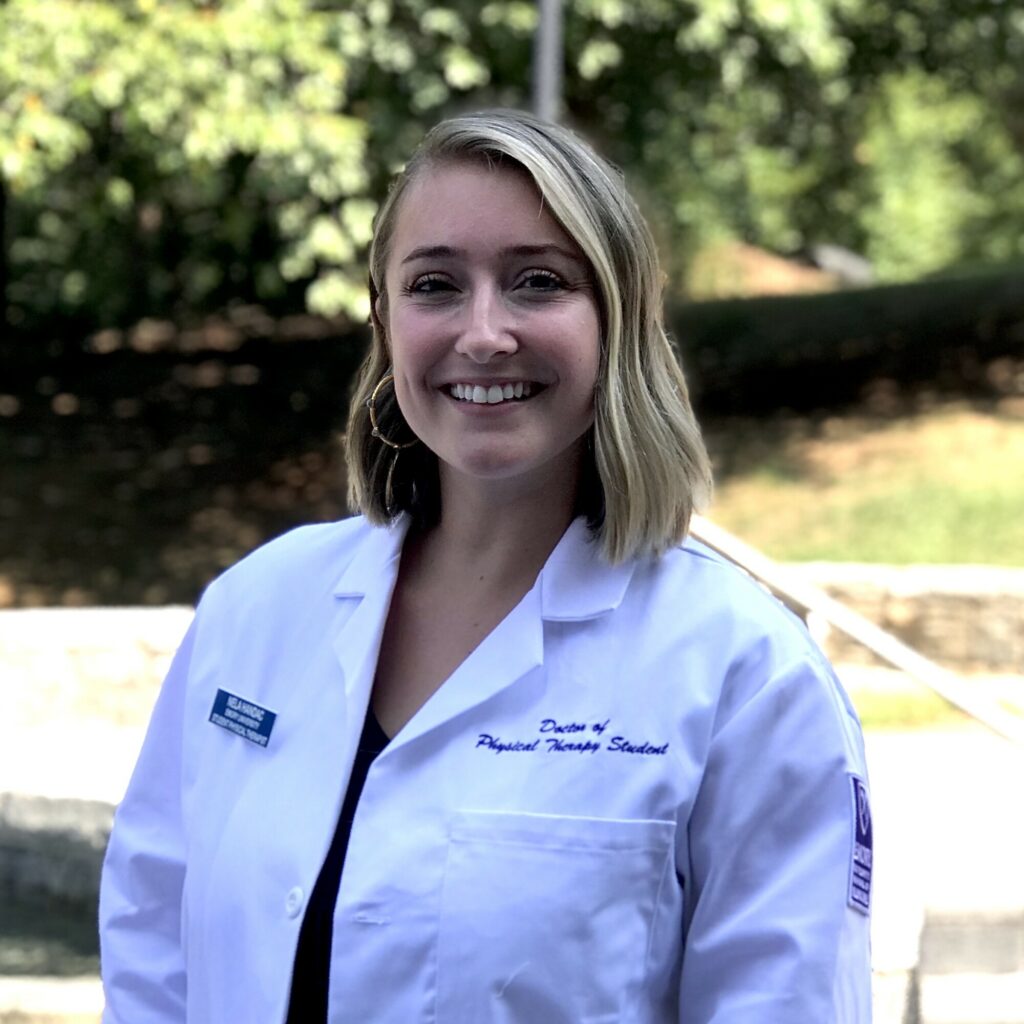Resources: “My Spirit Burns Through This Body”
Table of Contents
To Read:

My Spirit Burns Through This Body
Akwaeke Emezi
Akwaeke Emezi is an award-winning writer and artist known for their poignantly reflective writing. The themes of gender, inhabiting a disabled body, and the human experience are woven through their work, visible in their various novels, short essays, and articles. This short personal essay puts words to emotions in a way that transcends their particular illness and resonates with anyone who lives in a body.
A core theme of this essay—wrestling with an unwanted reality about the body—is at the center of rehabilitation. Emezi’s experience is an important one to add to our understanding. Emezi challenges readers to understand the importance of the body, and to understand it’s intricacies:
“For once, I can see the beauty in having flesh that is as loud as my spirit. It insists on care, it is just as stubborn as I am, just as brilliant, and I forgive it for being like this, disabled and furiously alive.”

Three Questions That Can Predict Future Quality of Life
Joseph Coughlin, PhD
What matters most when you get older? How can you take steps today to plan for a future that is full and vibrant? The MIT AgeLab—created to translate new ideas and technologies into practical solutions to maximize quality of life across the life-span—has identified three questions you can ask yourself to determine if you are prepared to live well in retirement:
- Who will change my light bulbs?
- How will I get an ice cream cone?
- Who will I have lunch with?
Although most concerns about retirement are focused on financial security, these questions remind us of other considerations that can contribute to living well in the future. On the surface, they may seem trivial. But as the author describes the underlying significance of each of these activities, he touches on universal themes that can afflict an aging adult:
- Loss of independence;
- Decreasing access to things we enjoy;
- Declining social networks.
This piece is thought-provoking; it creatively brings to the table important considerations for those of us dealing with our own aging or the aging of those we love.
To Watch:

Louise Bagnall
Directed by Irish filmmaker Louise Bagnall, this short film portrays the experience of living with dementia. Through vivid imagery and storyline, Bagnall conveys the struggles of those with dementia, and their relationships with their care partners. It offers space for mourning the challenges this brings, and captures the emotions of someone living through this experience. However, the film also pushes those who care for those with dementia to walk with gentleness and care. For therapists working with this population, the film is a poignant reminder of what patients may be facing daily. Recalling its message may help practitioners bring greater patience to what can often be challenging situations.
To Listen to:

“Wonder Woman” on the Poetry Unbound Podcast
Pádraig Ó Tuama
This podcast features the poem “Wonder Woman” by Ada Limón. The poem offers a glimpse into a moment in the life of a woman dealing with chronic pain. It highlights how small moments can bring strength, and how story shapes our experience. The podcast is approximately 16 minutes long; its discussion invites listeners to dive more deeply into the poem and explore its meaning. This format presents an excellent way to practice reflecting on art and how one person’s experience can shed light on the experiences of many.
About the Author(s)

Amber Baas, SPT
Amber Baas, SPT is a third-year Doctor of Physical Therapy Student at Emory University. She was led to the rehabilitation professions through an interest in the human body and a desire to be with those going through bodily recovery and help make that process as hopeful as possible. Her interest in the humanities stems from a love of old books and observing how history, culture, technology, and so many other factors impact the human experience. She has enjoyed serving on the Humanities Committee within the Emory DPT program and helping to foster reflection on the human experience.

Madison Beasley, PT, DPT
Madison Beasley, PT, DPT is currently a physical therapist at Baylor Scott & White Health. She earned her Doctorate in Physical Therapy at Emory University School of Medicine and graduated from The University of Texas at Austin with her Bachelor of Science in Kinesiology and a certification in Medical Fitness and Rehabilitation. The humanities help her to understand the biopsychosocial and emotional aspects of patient care and to find meaning and connection with others, especially her patients. She hopes to continually challenge her understanding of the world and those living in it to create a dialogue with patients and a relationship of togetherness in the healing process.

Stefano Campana, SPT
Stefano Campana, SPT is a second-year DPT student at Emory University. He is a co-chair of the Humanities Committee, collaborating with his fellow committee members and working closely with the JHR to find innovative ways to integrate the humanities into their DPT program. He is one of the authors of the committee’s bi-weekly newsletter, “DPT Humans.” He is most passionate about the committee’s “Patient Stories” series, where guest speakers are invited to share their story and answer participant’s questions. The purpose of these events is to get to know our guest speakers and learn from their unique perspectives as both patients and individuals. Stefano believes that these discussions help deepen our understanding and appreciation of our guest’s unique lived experience, and that listening to these stories is a fundamental part of becoming not only good providers capable of providing quality care, but also good people, capable of empathizing with people from all walks of life.

Nela Handac, PT, DPT
Nela Handac, PT, DPT is a physical therapist and recent graduate from Emory working in acute care in Atlanta, GA. Born in the midst of the Bosnian war, Nela came to America with her immediate family as refugees. Because of the displacement of her family into a new world, narrative storytelling was interwoven in every corner of her life. It was what she carried with her as she became more and more interested in the persistence of the human spirit through trauma and the commonalities of people around the whole world. As her interest for being a public servant through health intersected with her love of physical therapy and healing through movement, she found another commonality that delighted her about the rehab profession – we’re all just telling and listening to each other’s stories. And that is how we heal. Nela hopes to always have one hand on her patients and one hand holding onto the humanities as she continues to develop professionally in her career as a physical therapist.
![]()
This work is licensed under a Creative Commons Attribution 4.0 International License.

